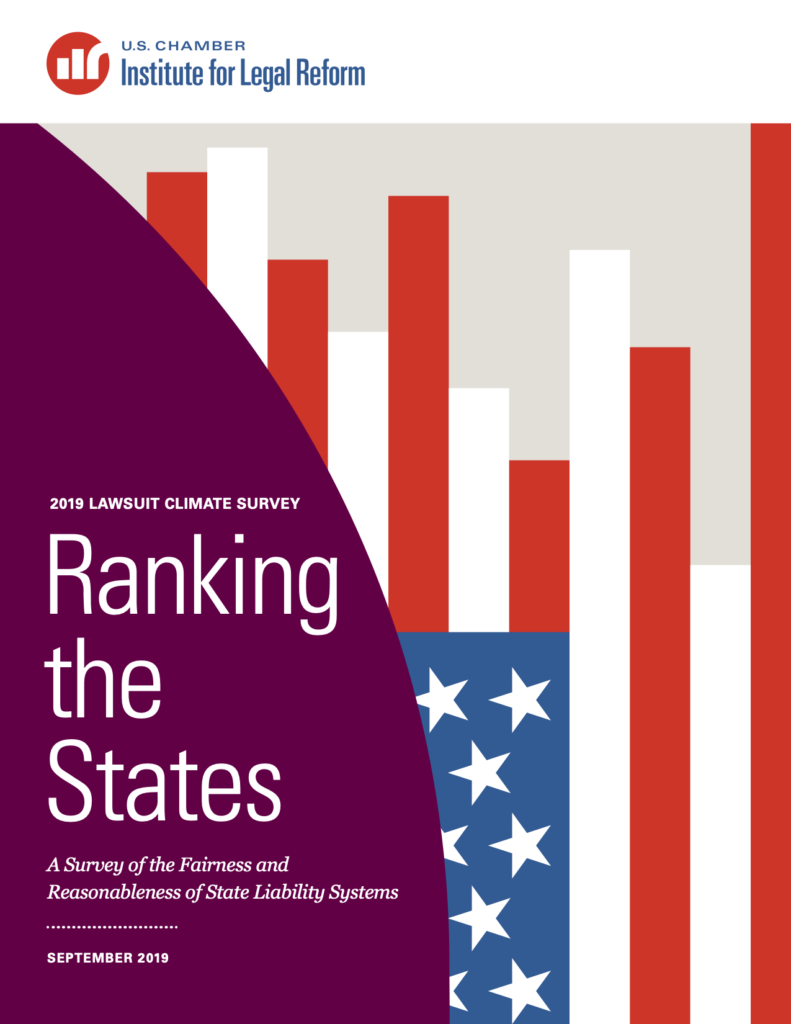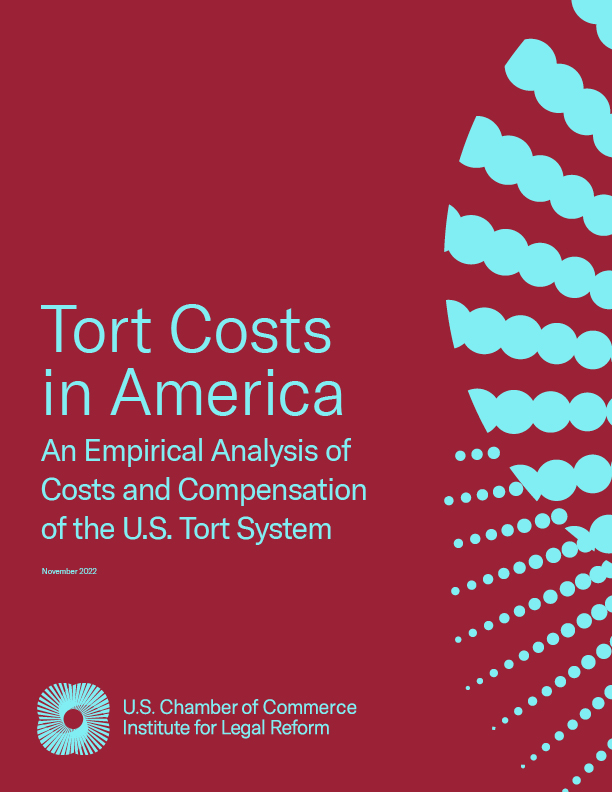The U.S. Supreme Court’s narrow decision in Mallory v. Norfolk Southern Railway Co. has created an opening for plaintiffs’ lawyers to challenge the modern understanding of personal jurisdiction, undermining a fundamental aspect of American law and creating uncertainty for any company that does business across state lines.
Mallory addressed a statutory scheme, unique to Pennsylvania, that explicitly treats registration to do business by an out-of-state corporation as consent to general personal jurisdiction in the state’s courts over that corporation for all lawsuits, regardless of their connection to the state. The Court decided 5-4 to reject Norfolk Southern’s argument that Pennsylvania’s statute violates the Due Process Clause, within the highly specific context of the facts that obtained in Mallory.
However, plaintiffs’ lawyers are seeking to leverage that narrow decision to expand “consent by registration” around the country. They are attempting to use Mallory to sidestep the longstanding “minimum contacts” test for establishing general personal jurisdiction, and have urged courts in several states to interpret existing state statutes in a way that would replicate the effect of Pennsylvania’s law. There is every likelihood that this campaign will extend to legislatures as well.
ILR’s research finds that consent-by-registration statutes like the one at issue in Mallory are legally questionable and are fundamentally bad policy. If enacted more broadly, such statutes would add to the already unsustainable backlog facing state courts, would create acute uncertainty and risk for smaller businesses that operate across state lines, and would undermine bedrock aspects of federalism. The paper concludes by urging policymakers to reject invitations by the plaintiffs’ bar to expand Mallory beyond its narrow contours.



